Richard Morse ’79 on the Historic Rise and Fall of the Hotel Oloffson
“We outdid the earthquake, yeah, but we couldn’t outdo the politics,” Morse says.
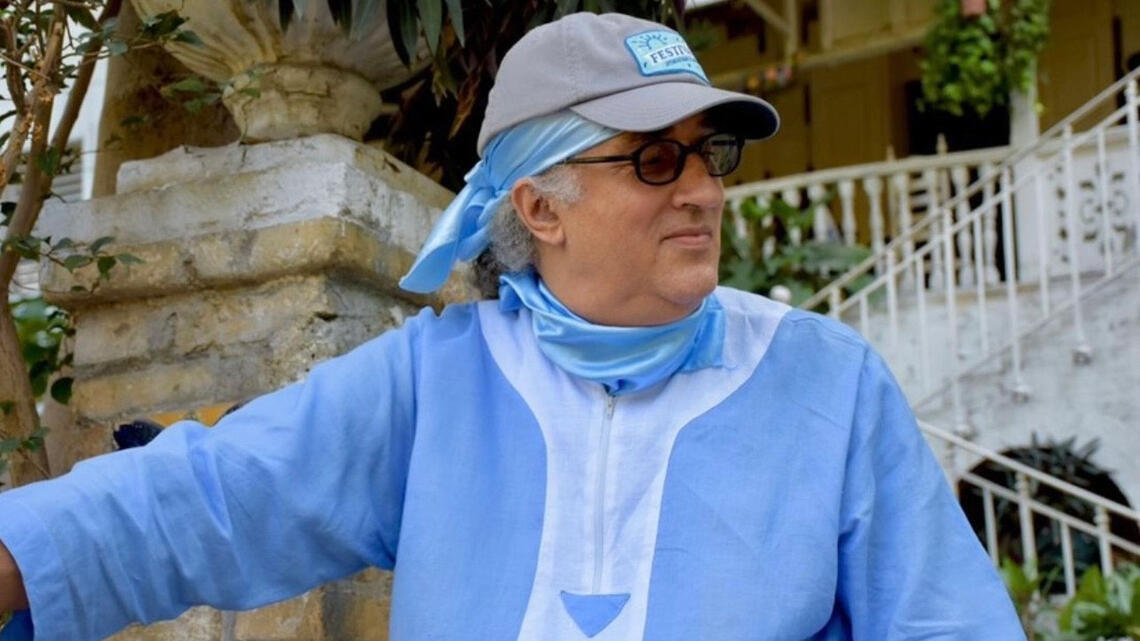
For more than a century, the Hotel Oloffson stood as a cultural landmark in Port-au-Prince, Haiti, surviving political violence, dictatorships, and natural disasters. It welcomed celebrities such as Ernest Hemingway, Mick Jagger, and Graham Greene. Journalists, diplomats, businessmen, celebrities, and residents alike gathered to have dinner, meet people, and hear the Vodou rock rhythms of Richard Auguste Morse ’79’s band, RAM (named for his initials), every Thursday night.
But on July 5, the Oloffson fell. The century-old hotel, already closed to guests since 2024 because of safety concerns, was destroyed in a suspected arson amid escalating gang violence, according to Morse.
“We outdid the earthquake, yeah, but we couldn’t outdo the politics,” Morse tells PAW. He was in Maine when he found out the news and visited Haiti shortly afterward.
Morse didn’t just play in the band; he ran the hotel for nearly four decades. When Bill Clinton visited the Oloffson in 2010, he asked Morse how long he’d been running the place. “About 22 governments,” he replied.
But the music is what drew him into leasing the hotel in the first place.
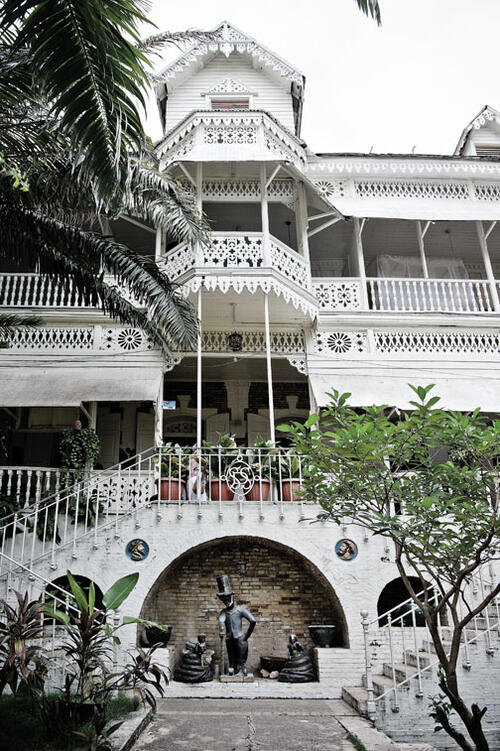
Morse didn’t want to go to college. He started off playing with his band in New York and New Jersey in the late 1970s, where someone recommended that he go to Haiti when he had the opportunity, after he mentioned that his mom was from there.
When he went to Haiti, he stayed at the Oloffson for a few months in search of “Haitian rhythms.” Eventually, he found them. In January 1987, Morse and Blair Townsend ’82 took over the 15-year lease, and the hotel opened that November. There was an election in the country at the end of that month.
“Our selling point was, if the election goes well, we’ll have tourists, and if it goes poorly, we’ll have journalists,” he says.
They only had four rooms by the time people arrived, Townsend says, but as guests paid, they used that money to add more rooms. They hired 26 people and had a restaurant that served shrimp creole, lambi, fresh lobster, and other traditional dishes.
According to Townsend, the night before the election, about 10 journalists were staying throughout the property. Trucks drove down the streets with machine guns shooting out the windows of houses, which could be heard from the hotel.
“We brought all their beds and bedside tables and lamps into the lobby. Everyone slept on the floor,” she says. “They kept saying, ‘Aren’t you afraid?’ I kept saying, ‘This hotel is the best thing going for this country. They wouldn’t dare touch it.’”
“That’s why this recent act of arson is so crushing today,” Townsend adds. She ran the hotel with Morse until 1990.
After that election, everyone fled, according to Morse. However, there was another election in January 1988. The journalists returned, the hotel was able to generate enough revenue to stay open, and it was featured in Vanity Fair.
At the hotel, Morse started to hold folklore shows, and that’s where the rhythm came in.
“I realized that these folklore shows were the rhythms that I was looking for,” he says. “My life since college has been all about music.”
Morse began working with the drummers from the shows, which is where RAM originated. The band initially played American music and was featured in the soundtrack of the movie Philadelphia. However, RAM didn’t get a large audience at the Oloffson.
“I opened the band with two drummers, and one of them said, ‘People in my neighborhood want us to make music that they can identify with, that they can understand,’” he says.
Then the group started to play Haitian music, which Morse described as “scandalous,” including songs about the embargo during Raoul Cédras’ military junta in the early 1990s. It began to develop an audience and developed popularity beyond what they had initially expected. The band drove in two groups: one from the Philadelphia movie, and another from songs that listeners could identify with as being politically active.
However, the popularity soon grew out of control. According to Morse, everything they sang was interpreted politically, even things they didn’t expect to be, and band members faced an assassination attempt in 1998. Then, he tried to tone things down for the next decade. But in the mid-2000s, RAM came back in full swing.
During the 2010 earthquakes, the band faced pressure to perform from different outlets. Eventually, the band decided to do free concerts where the camps were set up.
“We knew we’d be playing for 5,000 Haitians out in the countryside, and they’d be singing our songs with us and that fascinated me,” Morse says.
Morse’s ties to Haitian politics were complicated. In the early 2010s, he supported his cousin Michel Martelly, who became the president of Haiti. Morse started a street band with 75 musicians, and according to him, Martelly would finance the band if he were able to arm them and have Morse build a gang. Morse refused.
Morse reflects on the legacy of the hotel, recalling not only its storied history, but the dinners and concerts hosted to the eclectic guests who came. He describes the place as where he grew up, got married, had kids, and made art.
The sense of community was shared by others who came to the Oloffson. Riva Précil, a Haitian-American singer who lived in the hotel from age 5 to 15, tells CBS News that “it was a vessel for so many people to gather and freely express themselves. RAM really created that culture and that environment, made it a space that welcomed people from all types of denominations and sexual preferences.”
Creating that type of space is what Morse had envisioned: an environment where people from all walks of life could gather as a community and listen to music.
The hotel’s destruction is representative of a piece of Haitian history being erased. Morse hadn’t been able to access the building for months due to the violence. However, he didn’t want the focus to be on the hotel, but on the broader suffering across the country.
“First thing I said when I was doing these interviews about the hotel, and it’s what struck me the most is that people are getting shot, people are getting raped, and we’re talking about a hotel,” he says. As of July 2025, an estimated 90% of Port-au-Prince is under control of criminal groups.
Even amid the devastation, Morse remains hopeful. “We’re not going to be run by gangs … I’m gonna be there when we turn it around.”
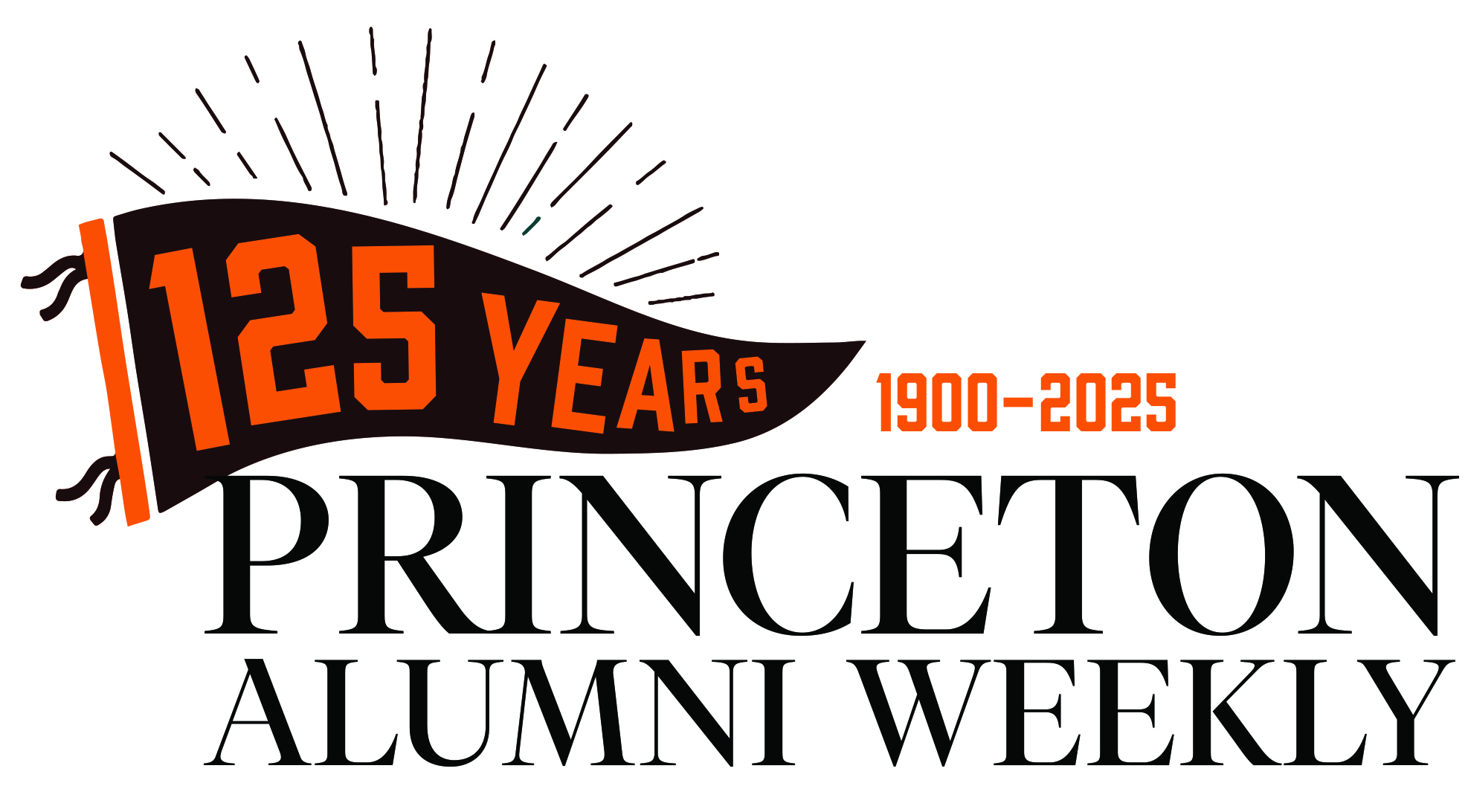







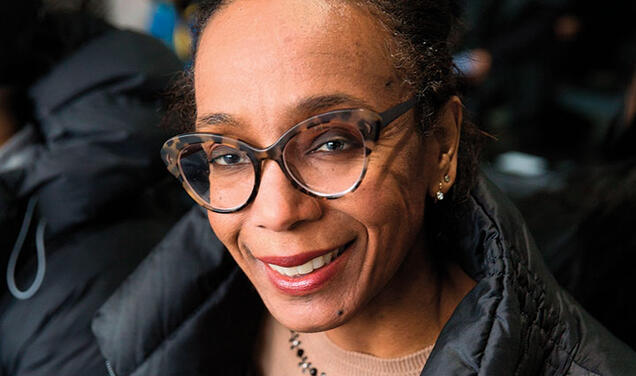
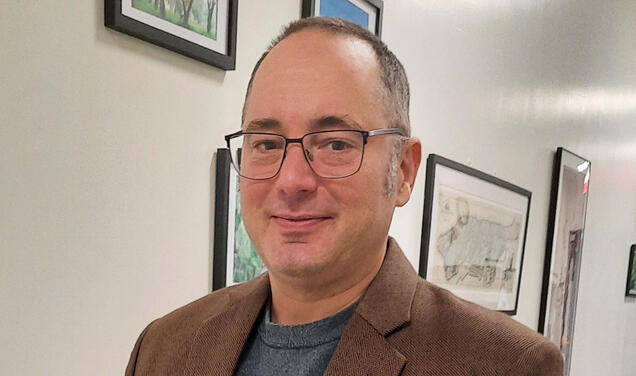

0 Responses